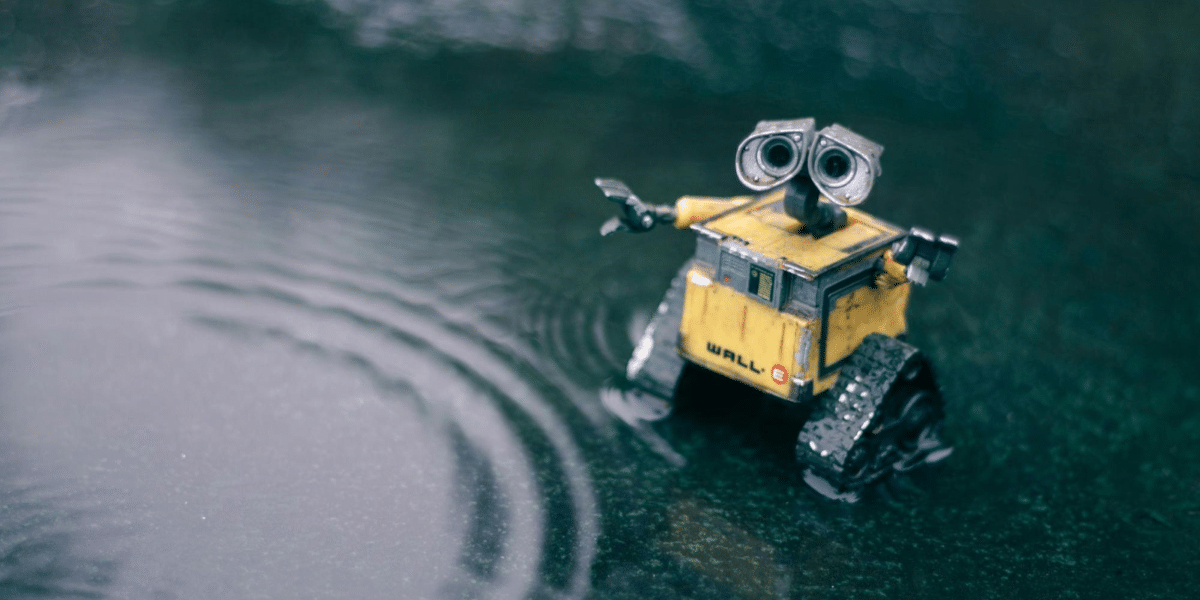By: John Glover (MBA)
When you think of recycling robots, you might picture the massive, clunky machines from movies, crushing and sorting trash with giant arms. However, the reality of recycling robots is far from this cinematic image. In today’s world, AI-powered robots are revolutionizing recycling processes, making them more efficient and sustainable, and transforming how we protect our planet.
Recycling robots aren’t just about advanced technology; they’re about solving real-world problems. “Robots and recycling may seem like unlikely companions, but robots are improving the recycling process for the better,” says JD Ambati, Founder & CEO of EverestLabs. Their AI technology meticulously identifies materials sent to recycling facilities, deciding which pieces to pick and which to leave on the line. “Robotic sorting is super helpful because it is more accurate and efficient than traditional hand sorting in quality control and net new recovery roles,” Ambati explains. Overworked employees typically sort about 10-15 objects per minute during an eight-hour shift, but robots significantly outperform this rate, enhancing overall efficiency.
Beyond efficiency, recycling robots are addressing significant workplace challenges. The repetitive nature of manual sorting can lead to employee burnout and errors. AI-powered robots step in to reduce this workload, ensuring that human employees are not overworked and can focus on more complex tasks. This improvement not only benefits workers but also enhances the overall quality and consistency of recycling processes.
In addition to addressing workplace challenges, AI is also tackling the issue of staffing shortages. Recycling plants often struggle to find enough workers for manual sorting roles. Ambati points out, “In many cases, facilities can’t even find enough staff to work in the recycling plants. Staffing for manual sortation roles is extremely challenging.” The inefficiency of traditional equipment combined with staffing shortages leads to billions of dollars worth of materials being lost to landfills each year. With the integration of robotic sorting, these plants can recover more materials, contributing to a stronger circular economy where more resources are reused rather than wasted.
EverestLabs, at the forefront of this innovation, is leading the charge in transforming recycling facilities. Their robots help to ensure that no recyclable material is left behind, significantly improving recovery rates. This shift towards a more efficient and accurate sorting process not only benefits the environment but also supports the economic model of recycling plants by reducing losses and enhancing the value of recovered materials.
Moreover, the implementation of AI in recycling is a step towards a greener planet. By optimizing the recycling process, these robots help reduce the amount of waste that ends up in landfills. This efficiency translates into a significant positive impact on the environment, helping to conserve resources and reduce pollution. As more recycling facilities adopt AI technology, the cumulative effect on sustainability could be substantial, marking a significant leap towards achieving environmental goals.
The future of recycling is here, and it’s much smarter and more efficient than we could have imagined. Companies like EverestLabs are not just changing the game; they’re setting new standards for how we approach recycling. By integrating AI and robotics into recycling processes, they are paving the way for a more sustainable and eco-friendly world.
In summary, the image of recycling robots crushing trash with giant arms is a thing of the past. Today’s AI-powered robots are sophisticated, efficient, and crucial in making recycling processes more sustainable. They address workplace challenges, enhance efficiency, and contribute significantly to the circular economy. As we move forward, the role of these intelligent machines will only grow, proving that technology and sustainability can go hand in hand to create a better future for our planet.
So, the next time you think about recycling robots, picture sleek, efficient machines working tirelessly to make our world a little greener and a lot more sustainable. The future of recycling is not just a vision anymore; it’s a reality, and it’s transforming our world one piece of sorted material at a time.
Published by: Nelly Chavez










